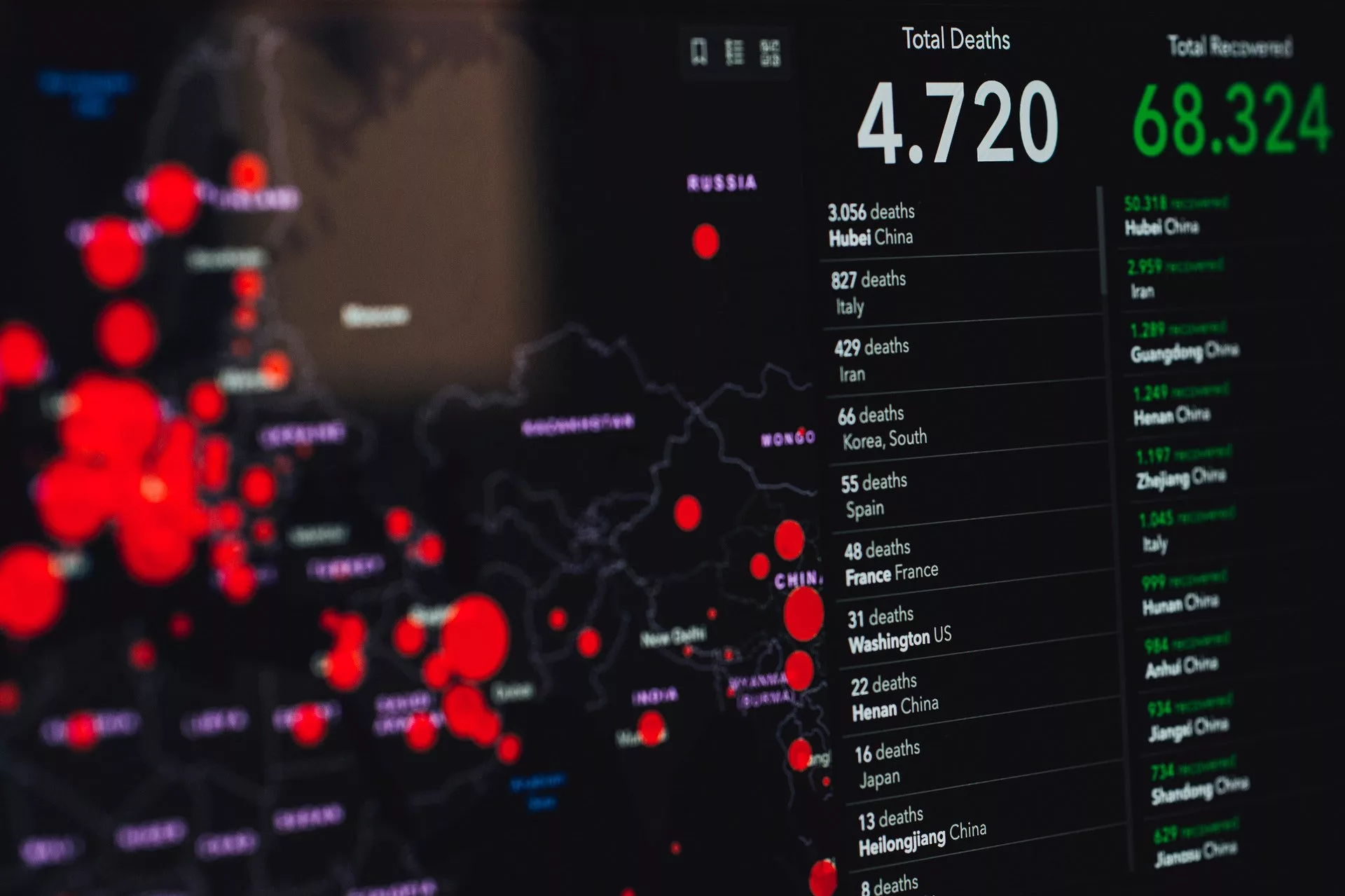Your cart is currently empty!

Worker Cooperatives and COVID-19
Starting a new worker cooperative in the “Age of Coronavirus”? Yeah, we’re doing that.
Starting a business of any kind during a global pandemic, let alone a worker cooperative, seems difficult. Add how our starting membership are doing this for the first time. Then tack on the drop-off of previous customer client contracts. Well, shit.
Organizing something like this in the time of isolation has been an interesting exercise.
In one respect, we’re already digital – members in the coop currently live many states apart, with a couple of them giving nomadic RV life a go. This has made the “transition to telecommuting” all the easier – we were already doing it! In another respect, it made laying the foundations a bit more difficult. Isaac was going to fly out to Luke in March to get the paperwork done and meet with other cooperative partner organizations. All of that was set on the backburner of course, and digital-only introductions were made.
Other hurdles were getting official accounts set up, as many of the institutions were having their own struggles sorting out lockdown and remote work for the first time. Calls and identity verification with services like credit unions took much longer than an in-person visit would otherwise have. Just being able to sit at a desk and get a number of questions and steps handled turned into multiple days of back and forth email or phone calls.
Cooperatus is also still sorting out the best accounting and tax procedures, as there are changes happening for all kinds of organizations that will have impacts on how or what we can file when the time comes at the end of the year. Will the global pandemic give us at least some benefit as we’ve slogged through developing business contacts? Do we all owe taxes, or will we qualify for a refund? Should we undersell ourselves here and there to get additional work and build a portfolio, or should we hold firm to the rates we know will provide something more akin to a livable wage for us all? Can we stomach “selling out” to keep things afloat?
We’ve continued to say “yes and” as we press forward, treating each new offer, quote, encounter, and rejection as integral to our required curriculum. Crises can be boring, but they can also galvanize. This one has shown the cracks in the system of capital and consumerism that forced so many workers to such a fragile economic place. We want a better economy, one truly by and for the people who put in the work. And we will continue to build it.